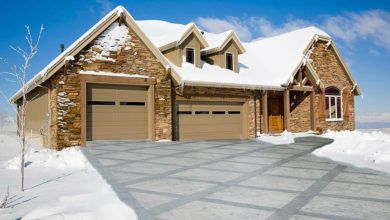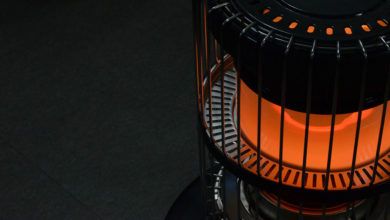A hot tub that’s not working properly is basically just a regular tub with some extra stuff sticking from the sides – not exactly a useful or fun thing to have at home. So, what should you do if your hot tub is malfunctioning?
If you’ve got to do hot tub not heating troubleshooting for the first time, you may feel at a loss. One thing you can always do is call a mechanic to fix it for you but this can be both pricey and a bit embarrassing if the problem turns out to be simple and easy to fix. So, before you go picking up the phone, let’s examine a few other options.
A dirty spa filter
This may seem counter-intuitive at first but if your hot tub won’t heat, the problem can be as simple as a clogged up spa filter. So, before you try some extensive hot tub heating element troubleshooting, you might want to just check the spa filter first.
This is because dirty filters can reduce the water flow that goes into the heater chamber. And once that flow gets low enough, the heater’s pressure switch will break the electrical circuit that’s powering the heater in order to protect it.
Your heater may be using a flow switch instead of a pressure switch too. The main difference between the two is that the former looks for the pressure of the water coming in while the latter looks at its flow. Either way, the end result for you is usually the same – a dirty filter means less water and a turned-off heater.
To fix that, all you need to do is clean or change the spa filter to restore the water flow into the heater chamber. If you want to examine the switches themselves, most can be tested with a jumper wire.
Other problems that can also halt the water flow into the heater chamber include closed or clogged valves, a clogged pump impeller, blocked spa drain covers, or clogged pipes. Checking these first when you’ve got a hot tub heater not working problem is smart too.
Malfunctioning thermostat
Another thing that can explain a hot tub not getting hot is a bad thermostat. Most new spa models use simple temp thermostats that are connected to the circuit board. Older hot tubs used potentiometers plus solid-state probes or mechanical thermostats with capillary bulbs. It’s unlikely that you have one of those, however.
So, in newer thermostats with a topside control panel, the thermostat itself is usually just a temperature sensor. To do some thermostat troubleshooting just inspect the cord and probe for any visible damage. Then, check if the thermostat is actually plugged into the panel. Next, take a spate measurement of the water’s temperature – if the thermostat is showing the wrong temperature, it’s probably a bad sensor that needs to be replaced.
Trapped air
If you’re experiencing a hot tub not heating after refill, the cause here is usually an “air lock.” This happens when air gets trapped in your plumbing lines which is common during a refill as the air can impede the flow of water.
Thankfully, air locks are easy to fix as this eHow video shows.
The first step is to open up your hot tub’s control panel. Then, and this is important, turn off the circuit breaker that feeds electricity to the hot tub – you don’t want any power going to it while you’re tinkering in the control panel! Next, just find the pipe that’s full of air and disconnect it to let the air out.
Malfunctioning circulation pump
If your hot tub keeps switching from hot water to cold, back to hot, and so on, chances are that you’ve got a hot tub circulation pump not working properly. This, unfortunately, means that you’ll have to get a new pump. Alternatively, the problem can be in the heater itself. And if it isn’t due to improper water flow, then a malfunctioning heater usually has to be replaced too.
Safety circuit not working
Another common problem happens when the high limit switch of the safety circuit is not working right. The purpose of this switch is to prevent a runaway spa heater. Such a heater can easily overheat the whole system and cause myriad problems which is where the safety circuit comes in.
The reasons why the high limit switch is causing problems can be different. One possibility is that the switch is broken and is preventing the heater from working for no reason which can be easily checked if you test the temperatures of the heater yourself and they are within the recommended limits. In this case, you should just replace the high limit switch or the whole safety circuit.
On the other hand, there might be good reasons why the high limit switch is stopping the heater. If low water flow, some loose wire connections, incorrect voltages, damaged wires, or any other problems are leading to overheating, then the high limit switch is very much doing its job when it’s stopping the hot tub from working.
If neither of these is your problem or if you’re feeling a bit overwhelmed, the right call is to call a professional. Hot tubs are big and complicated machines that involve lots of safety mechanisms, high voltages, and high temperatures. Caution is definitely advised when dealing with such a device.





